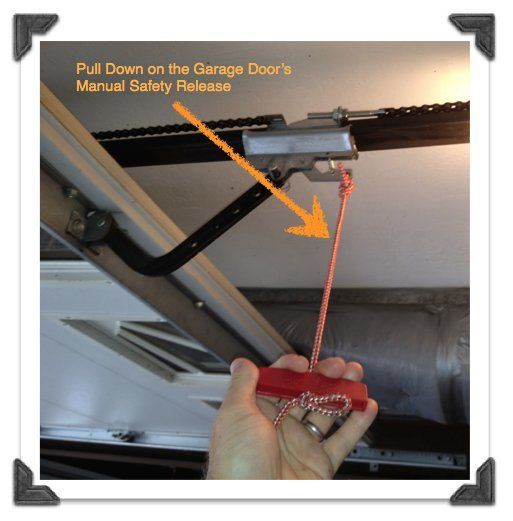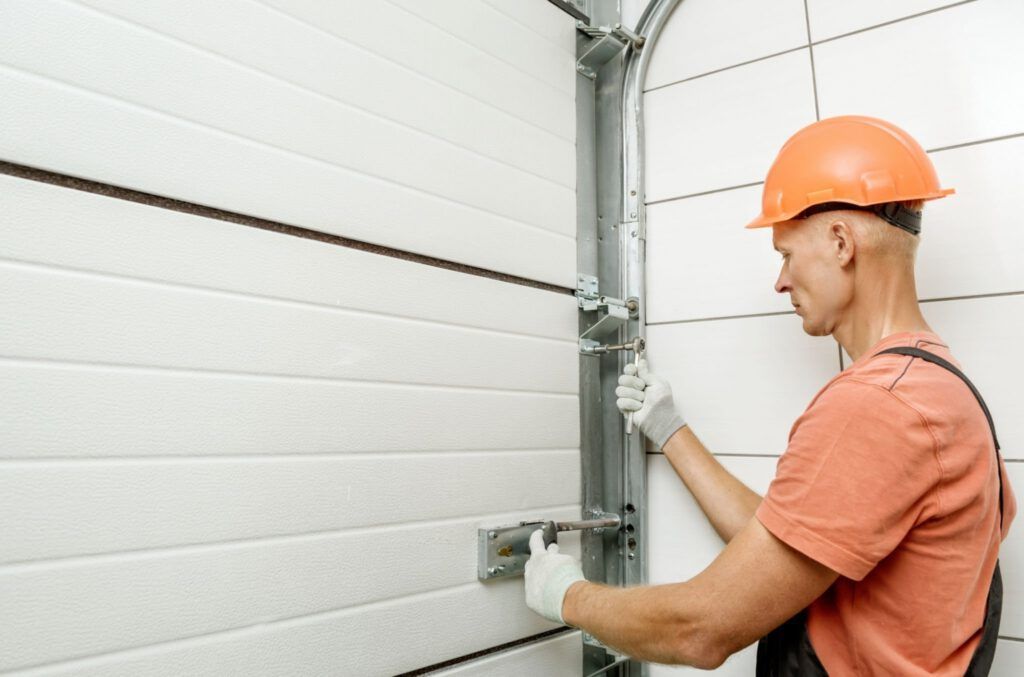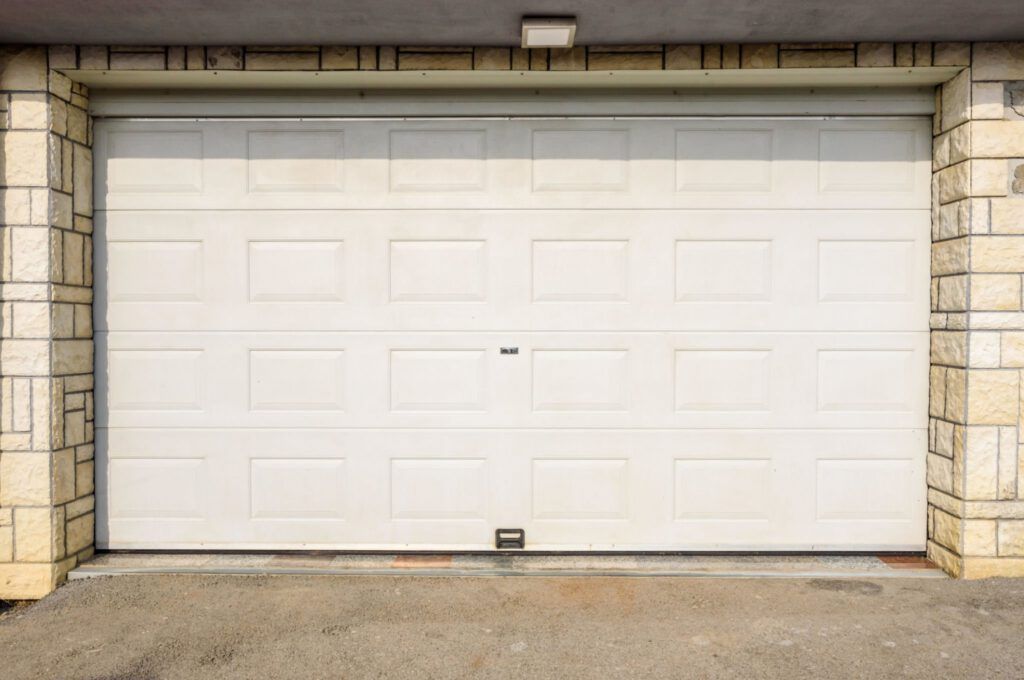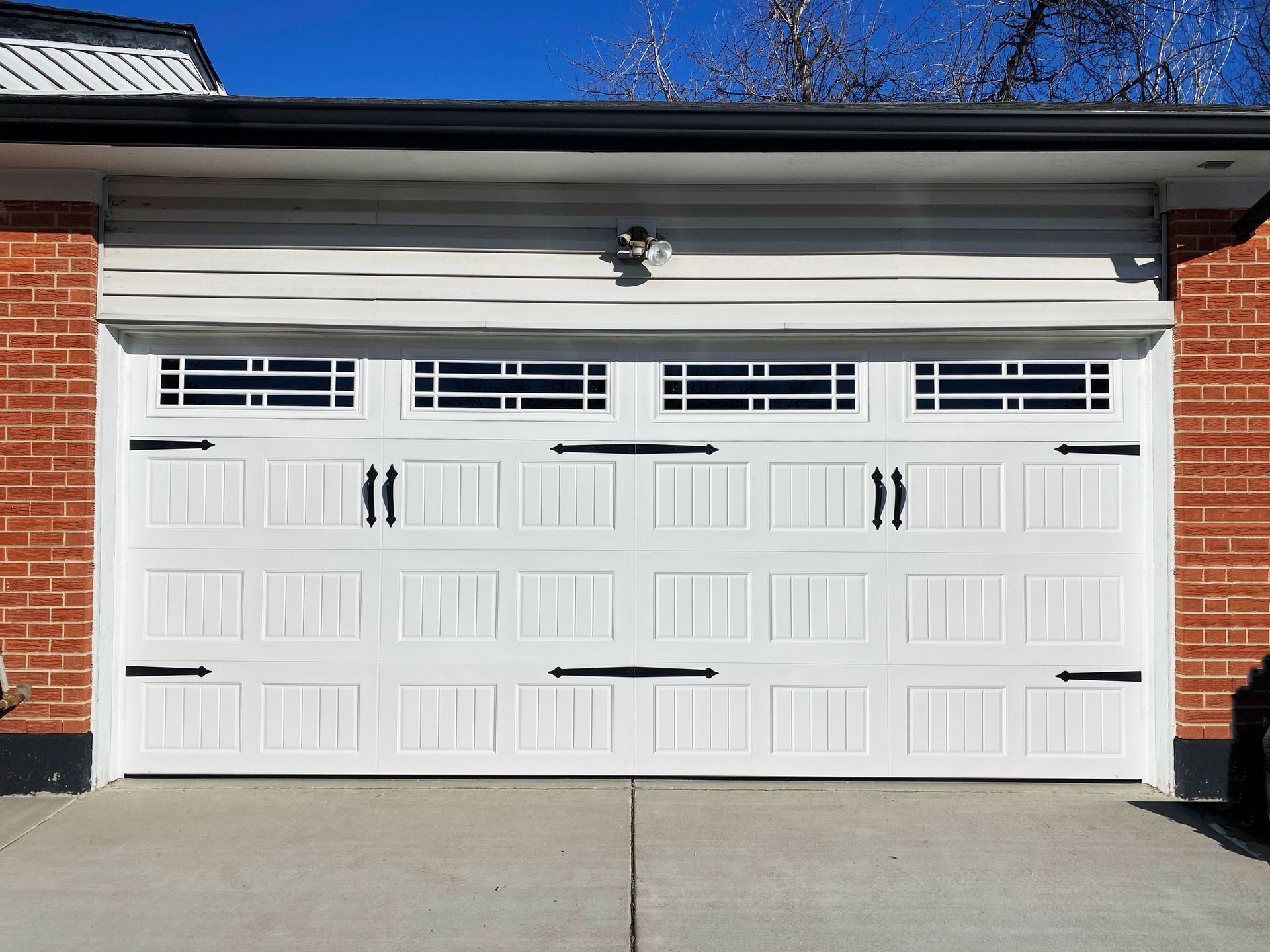Identifying 5 Signs of a Damaged Coil Spring and Estimating Replacement Cost
The coil springs are crucial in maintaining your car’s proper driving height and providing a comfortable ride. Learn how to recognize if your vehicle has a faulty coil spring.
Nestled in the heart of Mississippi, the thriving cities of Madison, Brandon, Ridgeland, Pearl, Clinton, and their nearby communities offer residents a unique blend of southern charm, modern amenities, and rich cultural heritage. Home maintenance and safety cannot be overstated as these cities continue to flourish. One often overlooked aspect is the condition of garage doors, where coil spring damage can lead to hazardous situations and costly repairs. In this region, a reliable
garage door repair company is vital in ensuring home safety and functionality, protecting the residents and their valuable possessions from potential harm.
Recognizing the Signs of a Damaged Coil Spring
As you travel the road, your suspension system works tirelessly to ensure a smooth ride. One of the vital components within this system is the coil springs. Like a well-maintained suspension enhances your driving experience, prompt attention to issues like
garage door repair ensures a smoothly functioning home environment. A faulty suspension or damaged coil springs can lead to a far less enjoyable driving experience.
In this article, we will explore the symptoms of a compromised coil spring, its location within the suspension system, its function, and the estimated cost for replacement. Let’s begin by examining the signs.
Recognizing Bad Coil Spring Symptoms
The primary symptoms of a compromised suspension or coil spring include:
- Sagging Car Corner
- Excessive Bounciness
- Uneven Tire Wear
- Rattling Noise
- Noise While Turning
Here’s a more in-depth explanation of the signs indicating a faulty or failing coil spring:
1. Sagging Car Corner
When a coil spring is damaged, the corner where it is situated will begin to sag. In this case, one corner of the car sits lower than the others. This sagging can also reduce driving stability and contribute to other symptoms, such as uneven tire wear and noise.
2. Excessive Bounciness
Coil springs are designed to prevent the vehicle from bouncing excessively whenever it encounters a bump. However, when the springs are compromised, they can no longer effectively minimize bounciness. As you drive, the shaking or bouncing may worsen, particularly on uneven terrain or dirt roads. Severe bounciness could even cause loss of vehicle control.
3. Uneven Tire Wear
The suspension system is responsible for maintaining wheel and tire balance while driving. As the tires rotate, they should wear evenly for a safe driving experience. When coil springs become faulty, the wheel alignment geometry is altered, causing excessive wear on one side. Not frequently inspected can lead to premature tire tread failure, significant handling issues, and even a tire blowout.
4. Rattling Noise
Damaged suspension springs can cause shaking and unusual noises. As the problem progresses, the noise will intensify and may become more noticeable during acceleration or when traveling over rough surfaces. This early warning sign should not be ignored, as it could become a more significant issue.
5. Noise While Turning
A loud noise emanating from the front of your car when turning the steering wheel could indicate a broken coil spring. The damaged spring may contact the car’s body or rest against the chassis instead of the top mount bearing, resulting in a loud bouncing noise when turning.
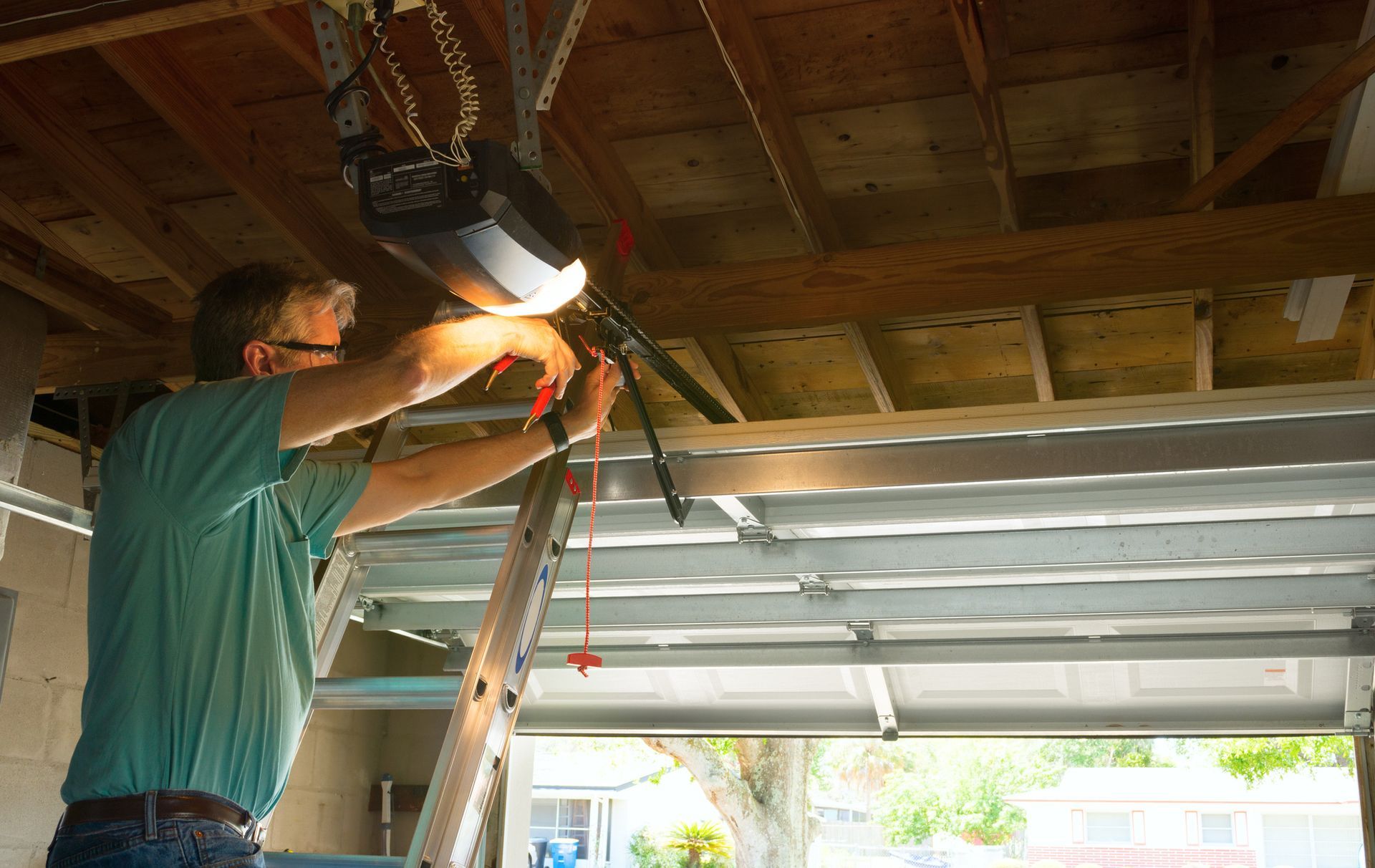
Suspension/Coil Spring Location
Most vehicles are equipped with four coil springs at each corner of the car. The top of each spring is positioned beneath a solid part of the vehicle, while the bottom end rests on the lower control arm – the same component responsible for securing the wheels.
Due to this arrangement, the vehicle sits on the springs on the control arm. As a result, the car’s movement is significantly reduced as the suspension compensates for any road irregularities.
The function of a Coil Spring
Coil springs are designed to absorb road bumps, working alongside the suspension system to ensure a comfortable ride. The suspension springs support the vehicle’s weight, allowing the wheels to move vertically whenever an obstacle is encountered. The springs absorb this movement instead of being transferred to the cabin.
Broken Coil Spring and Replacement Cost
The typical coil spring replacement cost ranges from $300 to $700. Parts generally cost between $100 and $300, while labor charges can vary from $200 to $400. You could save money by replacing the coil springs if you possess the necessary tools and expertise.
While driving with a broken coil spring is possible, ride quality and handling will be noticeably compromised. For a car to remain level during turns, traction must be evenly distributed among all four wheels, a task that depends on the proper functioning of the springs. As the springs deteriorate, you risk losing control of your vehicle, potentially causing an accident.
In rare instances, a damaged spring, such as one found in
garage door repair , can dislodge and puncture the tire, leading to a high-speed flat tire that can be extremely dangerous. Therefore, it is recommended to replace a broken coil spring..
Under normal driving conditions, coil springs rarely fail. On average, a coil spring’s lifespan is approximately ten years. However, many vehicles will eventually require suspension coil replacement, especially if an upgrade is desired. High-performance springs can further enhance ride smoothness and enjoyment.
It is worth noting that broken coil springs are more common in colder climates than in warmer ones.
How to Identify and Address Coil Spring Problems
Coil spring failure is relatively uncommon as these springs are typically long-lasting and durable. However, damage and breakage can occur, affecting the springs and their supporting components. As the springs work closely with your shocks and struts, a broken spring might be initially mistaken for other worn suspension components. Here’s more information on the role of coil springs in your vehicle and the factors that cause them to fail.
Understanding Coil Springs and Their Function
Coil springs have long been utilized to stabilize vehicles around corners and over bumps and dips. They help keep the car stable and all four wheels on the road. Historically, most vehicles used leaf springs, which worked well for heavier vehicles but resulted in stiffer suspension. Coil springs provide a greater range of movement.
Causes of Coil Spring Breakage
Springs are located near the wheels and the road, making them susceptible to corrosion and damage. Although many springs are coated, this coating can deteriorate, leading to rust formation, cracks, and breakage. Additionally, severe bumps can break an already old and weakened spring. Repeatedly overloading your vehicle can put significant strain on your springs.
Signs of Worn or Broken Coil Springs
The most prominent sign of damaged coil springs, similar to addressing issues promptly like a timely
garage door repair , is vehicle drooping or sagging on one side or corner. This could result from one side of the vehicle being consistently overloaded. Your car may also sway more around turns or bounce higher than usual. Sometimes, you might hear a squeak or clunk, particularly over bumps. As these symptoms could indicate other suspension issues, a visual inspection is necessary.
Checking for Broken or Damaged Coil Springs
To check for broken springs, conduct a visual inspection. Springs are located near the wheel, just above the axle. Lifting your vehicle can make a broken spring more visible, but ensure the body is safely secured against any dropping or sudden movement. A broken spring may be easy to spot near the wheel, but it could be more challenging to locate if broken in the middle or a less visible area.
Repairing Broken Coil Springs
When it comes to
garage door repair , replacing a broken spring is the only safe way to address it. While this may seem straightforward, most springs are highly compressed and dangerous if removed without the proper tools and experience. It is recommended to simultaneously replace the spring on the opposite side of the garage door and install new shocks along with the spring.
Preventing Coil Spring Damage
Though coil springs are generally durable and require minimal maintenance, you can take some steps to prolong their lifespan. Be cautious when driving on rough roads with deep holes or bumps, and avoid overloading your car, especially for extended periods. If you live where roads are salted or treated with chemicals, have your undercarriage cleaned regularly.
Despite the often-overlooked nature of coil springs, they are crucial in maintaining your car’s safety. If you have a broken coil spring or experience other suspension issues with your vehicle, consult professionals, like those at A 24-Hour Door Service, to inspect and repair it for you, just as they expertly handle
garage door repair .
The Benefits of Choosing A 24 Hour Door Service: Professionalism and Trustworthiness Guaranteed
With over 22 years of experience, A 24 Hour Door Service has been proudly serving Brandon, MS, and its surrounding areas, offering expert garage door installation, repair, and maintenance services. As a family-owned and operated business, we are committed to providing personalized attention and ensuring our clients feel at ease throughout the entire process. Our technicians, who have passed thorough background checks and possess a minimum of 5 years of experience, are continuously trained on the latest industry advancements, ensuring top-notch service.
A 24 Hour Door Service is a fully insured company that guarantees high-quality results designed to stand the test of time. To begin your journey with us, simply pick up the phone and give us a call. Whether you’re in the market for a new garage door replacement or require immediate assistance for your existing one,
A 24 Hour Door Service has got you covered. Reach out to us today and experience the exceptional difference we bring to the table!
